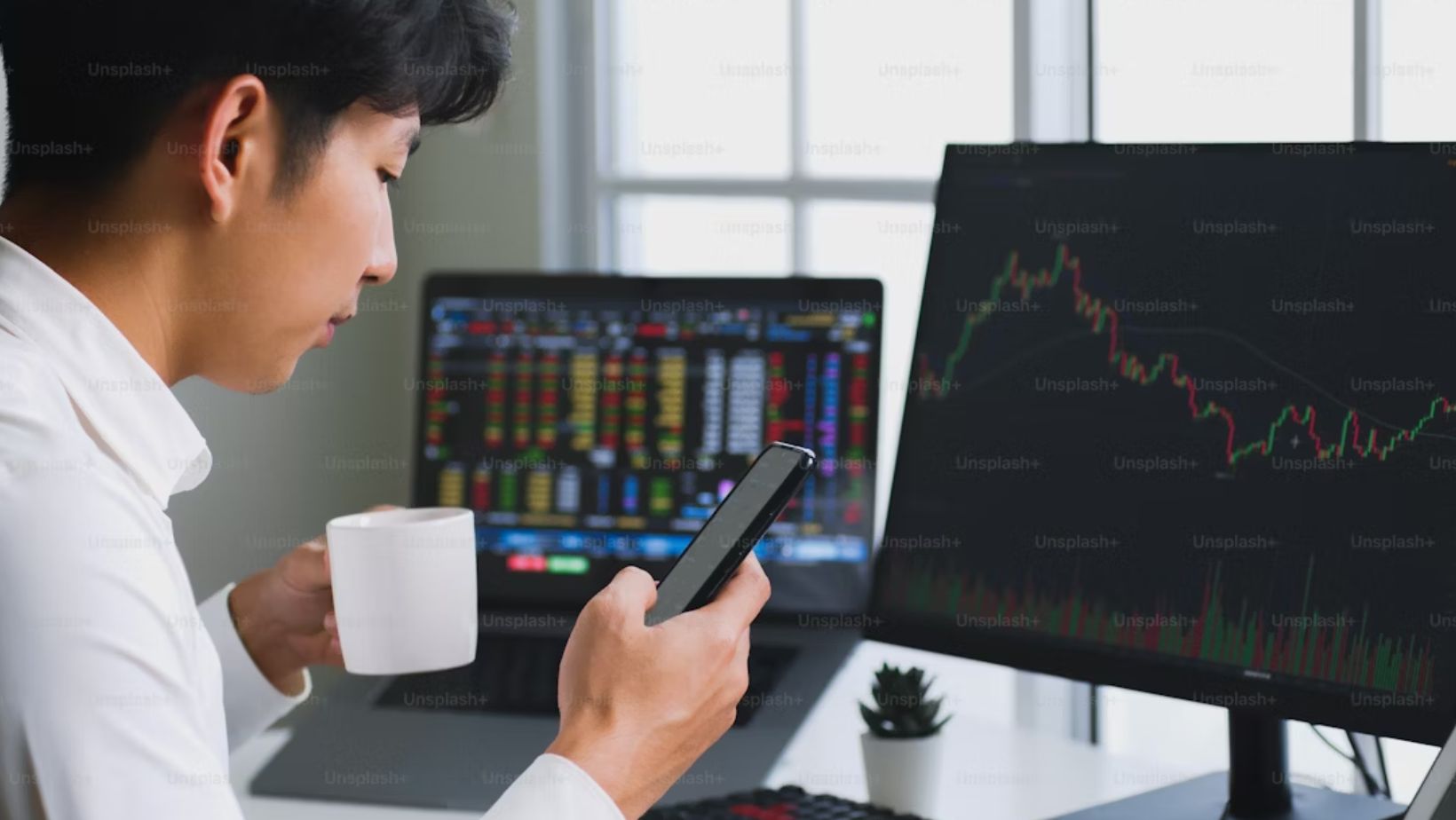In today’s dynamic financial markets, the term FOMO (Fear of Missing Out) is gradually gaining traction. This phenomenon drastically affects the investors’ behavior, frequently leading them to take reckless actions under the pressure of emotions and the fear of missing out on potential profits.
With well-designed trading apps like metatrader 5 apk download, it is attainable to overcome FOMO and enjoy a smooth trading experience. In this guide, we will analyze what FOMO denotes in trading, how this phenomenon manifests itself, and what consequences it presents for market participants.
FOMO Effect: Past and Present
FOMO, or “Fear of Missing Out,” is a psychological effect characterized by anxiety and fear of missing out on significant events, profitable deals, or lucrative opportunities. The term was initially applied in the 2000s by marketer Dan Herman, who studied consumer behavior and noticed that a plethora of clients were subject to a strong fear of missing out on something significant.
Let’s take a closer look at a few historical examples of mass delusions and economic bubbles, which can be perceived as manifestations of FOMO:
- Tulipomania. In the 1630s, the Netherlands experienced a speculative bubble where tulip bulb prices reached astronomical heights and then crashed. Investors poured huge sums of money into flowers, fearing missing out on the opportunity to profit from a rising market.
- South Sea Bubble. In the early 18th century, the South Sea Company, located in Great Britain, caused a stock market boom through speculation from trade with South America. This led to a massive frenzy and market crash when it became clear that the promised profits would never materialize.
- Mississippi Bubble. In the 18th century, a French financier, John Law, established the Mississippi Company, which received a monopoly on trade with the French colonies in North America. The massive issue of shares and subsequent speculation led to a surge in prices, followed by a catastrophic fall.
While technology evolves, human nature remains unchanged. That’s why the FOMO effect in the 21st century has permeated all types of trading, adding more complex shades to this profitable niche.
Five Tips to Overcome FOMO
In-depth understanding of FOMO and its manifestations is the key to learning how to keep your emotions under control and make more rational decisions in trading. Here are five principles that can help you tame the FOMO effect:
- Let bygones be bygones
As a rule, ongoing regret about missed opportunities interferes with rational decision-making. The trading market springs up with tempting opportunities every day. It is recommended to focus on current trends rather than what could have happened if there had been an opportunity to buy Bitcoin at $1. For example, if you did not buy Tesla shares in 2010, this does not mean that there are no promising investments available now.
- Purchase when everyone else is selling and sell when everyone else is buying
This counter-cyclical strategy may seem controversial at first glance, but it gives you a perfect chance to benefit from market fluctuations.
During periods of panic, when most investors are selling assets, you can buy them at lower prices. For instance, in March 2020, when the markets fell due to the pandemic, it became an excellent opportunity to buy stocks at reduced prices.
- Establish clear objectives
Define your financial goals and investment horizons to stay on track and avoid impulsive decisions. If your goal is to save for retirement in 20 years, you shouldn’t be concerned about short-term market fluctuations. The same goes for a buy-and-hold strategy. It is advised to formulate your goals clearly, such as “increase your capital by 50% in 2 years” or “provide an additional income of +15% to your main income.”
- Stay on the fence if necessary
Sometimes doing nothing is the most desirable outcome. Trading for the sake of trading often leads to losses. If you lack confidence in a trade, why enter it? Famous investor Peter Lynch once said, “You don’t have to trade a lot to make cash. It’s important to make fewer, but correct trades.” This is especially true in volatile FOMO markets, where emotions play a pivotal role.
- Strategy is the leader
Consider the FOMO effect when incorporating your preferred trading strategy. Stock trading is a zero-sum game, meaning that buyers earn at the expense of sellers’ losses, and vice versa. If a large number of inexperienced traders rush to purchase an asset that is rapidly rising in price, it can increase the potential for profits on the short side of the market.
Final Thoughts
Serious trading requires more than just lamenting wasted opportunities and staying away from lucrative options. Respectively, coping over FOMO effect is not an overnight process. By taking notice of well-planned steps mentioned above, one can avoid these undesirable effects when engaging in any sort of trading activity.




